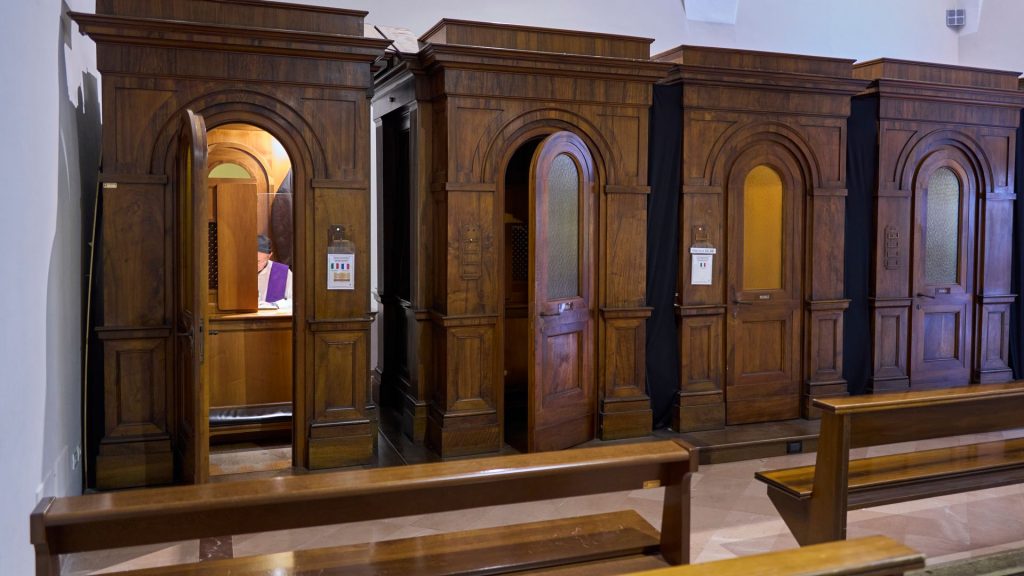Judge temporarily blocks law that would make clergy members report abuse

A federal judge has ruled to temporarily block a Washington state law that would force clergy members to report child abuse, even if it’s revealed during a confession. It comes after members of the Catholic Church, along with the Justice Department, took legal action against the state and the law last month.
Senate Bill 5375
That bill passed the Washington State Legislature and was signed into law by Gov. Bob Ferguson in May. The new law is set to take effect Sunday, July 27.
“Protecting our kids first is the most important thing,” Ferguson said in a news conference while signing the bill, covered by TVW.
The goal for supporters was to add clergy members to the list of what’s called “mandated reporters.” People like school personnel, nurses, psychologists and others are legally required to report suspected child abuse.
“In the wake of the abuse scandal and general concerns about child abuse, these laws have come into play and I think they’re a good thing to mandate reporting rather than allow institutions to either not deal with them cover them up or to try to handle,” Mark Silk, emeritus professor of religion in public life at Trinity College told Straight Arrow News.
While the law would require clergy members to report suspected abuse even if it’s done in a confessional, it would not compel them to testify in court.
Religious freedom pushback
The debate over this bill began with questions about the potential violation of religious freedoms, guaranteed in the First Amendment.
“SB 5375 directly interferes with the fundamental right of Catholic priests to freely exercise their religion by forcing them to violate the sanctity and confidentiality of confessional communications,” the DOJ’s complaint states.
About half of the states in the U.S. have designated clergy as mandatory reporters. At least 18 others say any person, including clergy, must report any suspected child abuse.
However, many of those laws do carve out an exception for instances like confessions.
Confession is a religious practice that dates back to Biblical times, when Jesus is said to have instituted it on the evening of the first Easter Sunday.
“I think exceptions for religious institutions, for religious people, are a good thing,” Silk told Straight Arrow News. “So it does make me a little queasy to have to have this exception done away with in the state of Washington.”
In the Catholic Church, the punishment for breaking the seal of confession is excommunication from the church.
Past precedent
Silk pointed back to The Smith Decision, laid out by the Supreme Court in 1990.
Another Pacific Northwest case, that decision said the government may enforce generally applicable laws, even if they burden religious practices, without violating the First Amendment.
In that case, two Native Americans were fired from their jobs as drug and alcohol counselors because they used peyote in religious ceremonies.
The court ruled that any drug and alcohol counselors can lose their jobs for using drugs, even if those drugs are for religious purposes.
In theory, that would allow the new law in Washington to stand, but Silk believes that if it does reach the Supreme Court, it will likely not be upheld.
He pointed out how this conservative version of the high court has been favorable to religious liberty claims.
“The Supreme Court is not gonna let the Washington law stand. They will find a way to do it, whether they will do it by finally putting Smith out of its misery or on some other grounds,” Silk said.
There have been other pieces of legislation since the Smith Decision, such as the Religious Freedom Restoration Act, signed by former President Bill Clinton in 1993.
That was passed in direct response to the Smith decision and, in essence, says the government can’t interfere with people’s religious practices without a very good reason.





